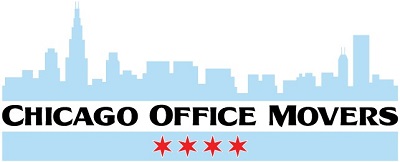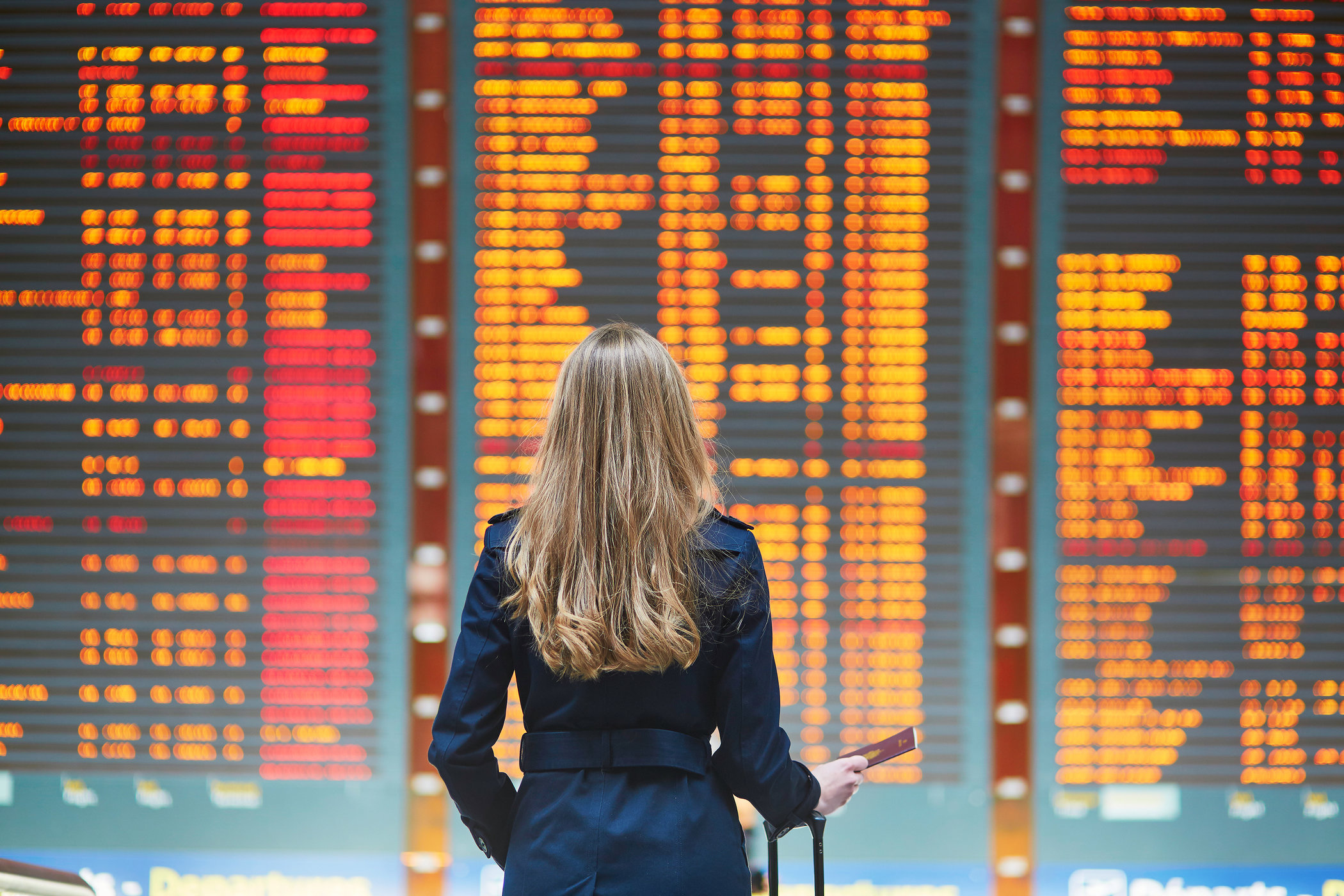
The Future of Business Travel After the Pandemic
Written by Chicago Office Movers on . Posted in COVID-19, Office Moving
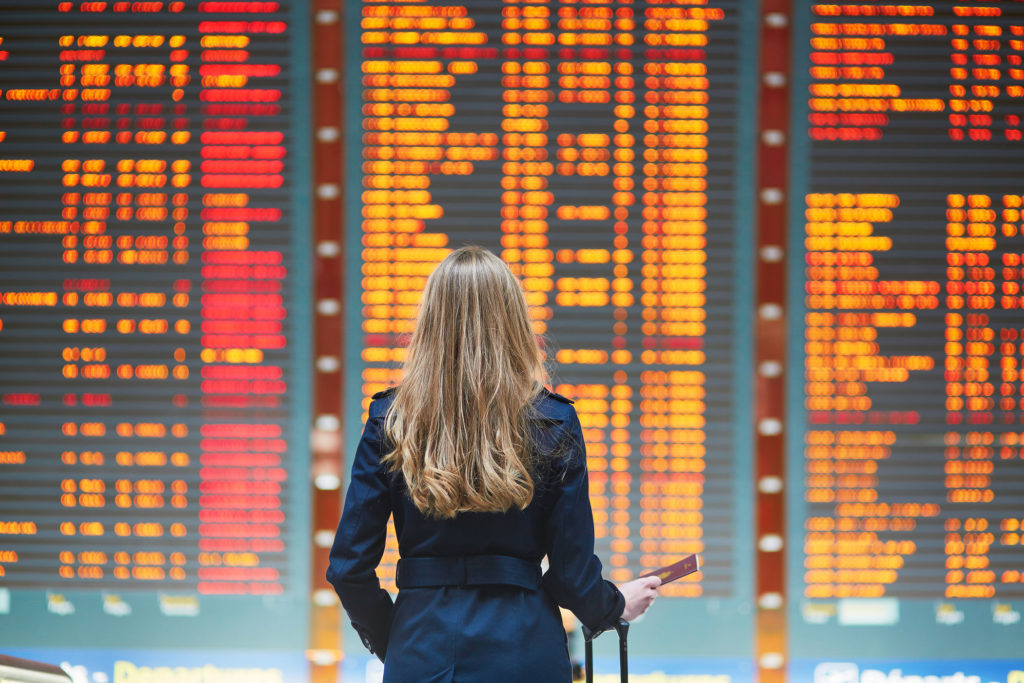
The coronavirus pandemic has hit the airline industry doubly hard. Approximately two million passengers had passed through the Transportation Security Administration’s (TSA) checkpoint on March 30, 2019. On the exact day this past March, a meager 154,000 air travelers did the same.
Business people travel for either work or other professional reasons. But since the coronavirus pandemic peaked in the first quarter of 2020, airports had seemingly turned into ghost towns. Rather than concourses filled with people, just one or two individuals were present.
How the Pandemic Affected the Airline Industry
Adding further tension to the already worrying situation caused by the coronavirus pandemic were the increased stress levels of flight attendants, customer service personnel, and pilots. Shops in airports were also closed, leaving only the solitary coffee stands to provide air travelers with a jolt of caffeine.
As the worst of the pandemic seems to be over or at least somewhat under control, more business people are choosing to fly now than during the height of the pandemic. This past May, 14 percent of consumers say they will board a plane once flight restrictions are lifted.
Changes within Airports
While airline executives believe it could take years for air travelers to resume flying as frequently as they had done in prior years, planes are still taking off—albeit with significant changes. Basic adjustments are being made, but major changes will take some business passengers by surprise.
The changes to business travel are likely to be permanent. These alterations will be apparent as soon as the air travelers arrive at the airport. Large international hubs will see drastic changes. All these efforts are intended to help passengers feel and remain safe from COVID-19.
1. Changes to Flight Experiences
Measures to reduce contact between airplane passengers, crew members and airport employees are being enforced. While social distancing is a key factor in preventing the spread of COVID-19, doing so on a 186-seat Boeing 737 airplane is difficult. However, airlines are exploring new seating arrangements.
For instance, airlines might reduce cabin capacity by leaving the middle seat empty. Future design enhancements to seating could include facing the middle seat backwards or adding a plastic shield around seats. But such retrofitting is expensive and could affect ticket prices.
Occasionally, packed planes will fly, angering passengers. New airline policies are in place, where passengers are notified if their flight will be over 70 percent full. But most major airlines limit the passenger capacity to 60 percent, and more flights are being added to meet demand.
2. Modifications at Airports
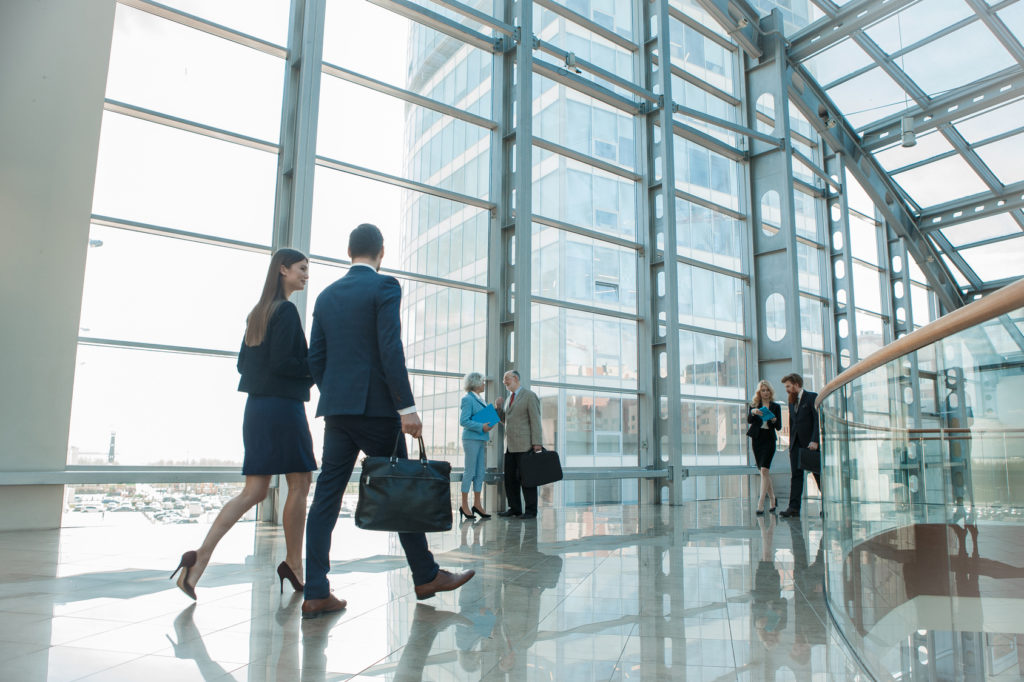
At the airport, the TSA will limit contact between air travelers and airline personnel by having the former scan their own boarding passes, whether paper or electronic. Efforts to reduce touch points while screening also include passengers placing phones, keys, and wallets into carry-on bags.
Food items are known to set off the alarm in the x-ray scanner. To prevent TSA officers from removing and handling the food, officers now request that all food items be placed in clear, plastic bags. Passengers should remove the bags of food from carry-on luggage.
When checking in, business travelers can expect to see sneeze guards at the counters. TSA officers will be wearing face masks, and passengers are encouraged to do the same. More touchless kiosks will be added to US airports to allow passengers to print bag tags with a smartphone.
3. Implementation of Health Screenings
Health screenings at the airport will be commonplace. Airline personnel are exploring thermal scanning and temperature checks at airports. While the risk of exposure to the coronavirus is not fully avoided, airlines can request that travelers with elevated temperatures reschedule.
Airlines will prevent travelers with temperatures of 100.4 degrees or higher from flying. Temperature checks are done safely using touchless thermometers prior to passengers boarding. Temperature screenings are imperfect, given that a small percentage of hospitalized COVID-19 patients have fevers.
Passengers boarding major airlines will be required to complete a checklist prior to entering the aircraft. The checklist displays COVID -19 symptoms, and the traveler must declare to not have experienced any symptoms or been in close contact with an infected person within the last 14 days.
With the addition of health screenings, business passengers can expect longer lines. The coronavirus may be sniffed out by dogs in the foreseeable future. The rationale is to train bomb-sniffing dogs to detect the coronavirus. Research on these capabilities is currently underway in labs.
4. Assessments of Business Flights
Not every part of the world is equally affected by COVID-19, making air travel to some regions safer than others. However, the situation can change rapidly, as researchers uncover more details about the novel coronavirus. Business travelers are urged to assess all business trips for risks.
If a business trip has multiple risks, consider canceling the flight. Business professionals should also consider national and international guidelines prior to booking their trips. Those evaluating whether or not to fly should give significant weight to their comfort levels in the aftermath of the pandemic.
Also consider business travel insurance in the event flights are canceled due to the coronavirus. Certain companies offer specialized travel insurance to businesses, given the fact that business trips occur more frequently and are thereby subject to cancellations more often than leisure travel.
Need Help with Moving Your Business?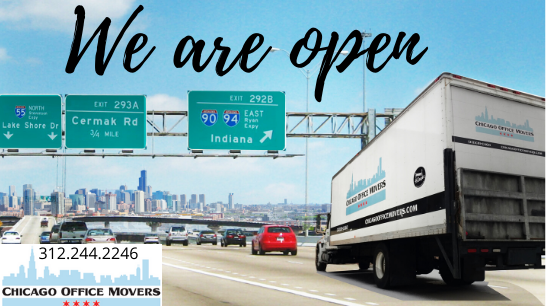
Company executives may have plans to scout a new business location, necessitating business travel. When it’s in your company’s best interests to relocate, consult a premier office relocation service, like Chicago Office Movers. We are open and ready to relocate your company in the safest ways.
Chicago Office Movers takes care during the coronavirus pandemic to disinfect moving trucks, practice social distancing and take employee temperature checks prior to each shift. Our moving crews are trained, licensed and background checked to ensure a secure commercial move.
Free Estimate
Consult the Windy City’s most reputable commercial mover, Chicago Office Movers. We provide quality corporate relocation services, whether you are moving internationally or interstate.
Call our friendly representatives at 312-244-2246 for a free moving estimate when you are preparing for an upcoming relocation.
Related Services
- Corporate Moving
- Commercial Moving
- Reliable Commercial Storage
- Specialty Commercial Moving
- Furniture Assembly
- Movers for Office Renovation
- Machinery Moving
- Library Moving
- Lab Moving
- Server Room Moving
- Office Movers in Rosemont, IL
- Commercial Moving in Bolingbrook, IL
- Commercial Movers in Naperville, IL
- Commercial Movers in Des Plaines, IL
- Commercial Moving Services in Aurora, IL
- Schaumburg Office Movers
- Commercial Moving Services in Oakbrook, IL
- Commercial Movers in The North Shore
- Elk Grove Village Commercial Movers
- Furniture, Fixtures and Equipment Services
- Moving Company in Lincolnshire, IL
- Professional Movers in Downers Grove, IL
- Moving Company in Chicago, IL
Contact Us
Tags: business travel, commercial movers, covid-19, office moving, what to expect from business travel after the pandemic

